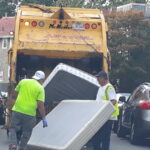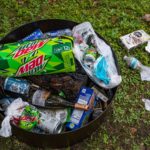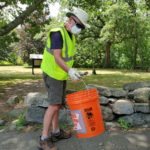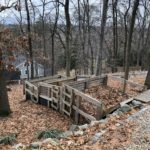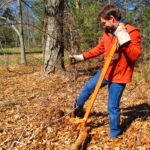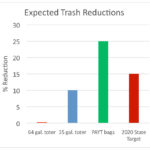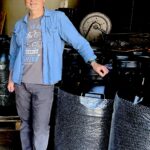
By Elissa Ely Before he became chair of Sustainable Belmont, before the PhD in pharmacogenetics, before moving to the United States, certainly before any awareness of the environmental needs of a Massachusetts town next to Cambridge, Dean Hickman was picking up litter. “Have been picking up trash anywhere I go since I could walk,” his Instagram says. Growing up in farm country west of London, traveling the footpath systems, Dean took the “Keep Britain Tidy” campaign of the 1960s to heart. Many decades later, on a late rainy afternoon when he could have been enjoying a mug of tea, we [READ MORE]


